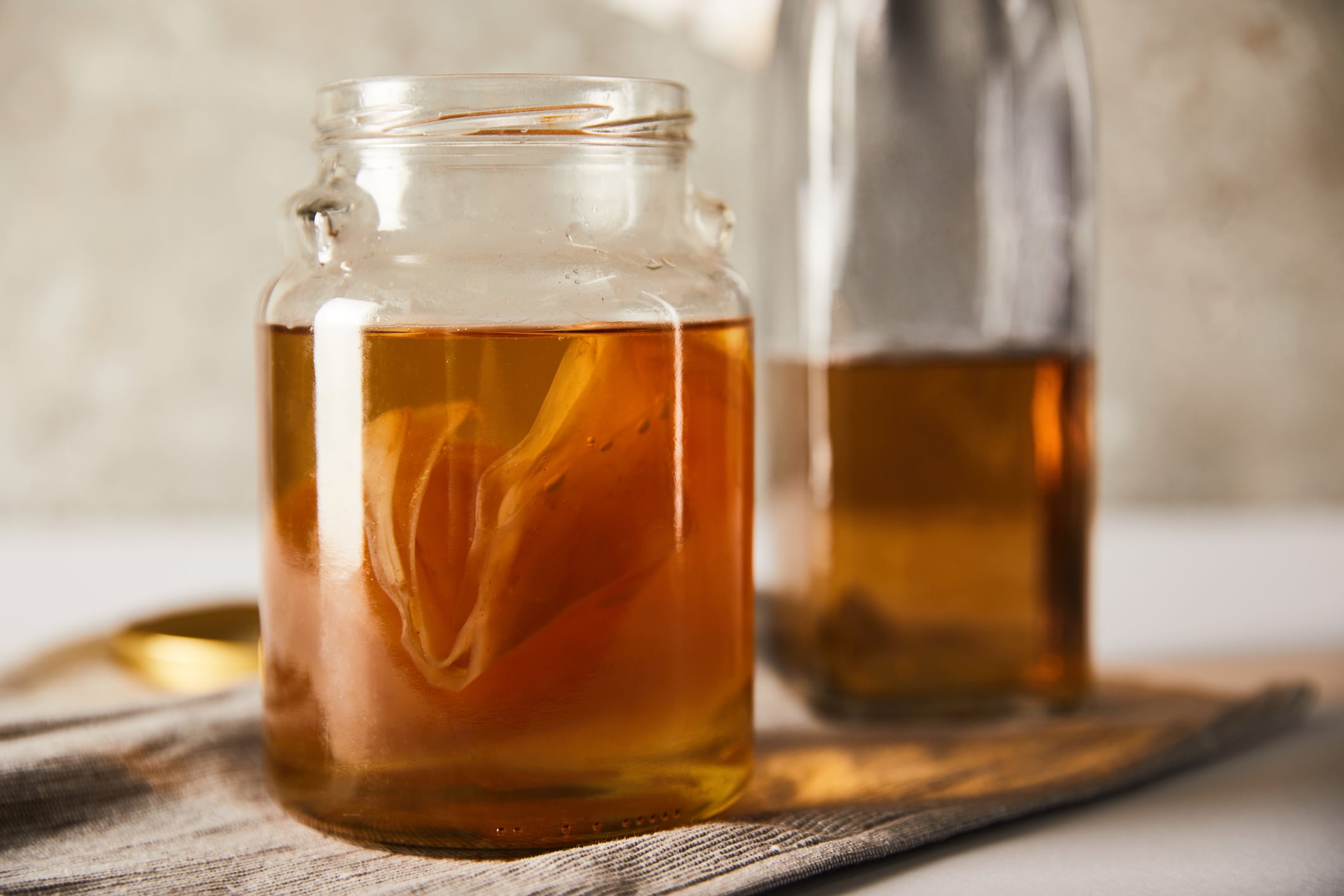KBI is the world’s major trade organisation for kombucha brewers, representing over 90% of all bottled kombucha found on store shelves. It currently has over 300 member companies representing 1,700 kombucha brewers worldwide.
Kombucha -- made using aerobic fermentation to ensure the cultures and yeast can survive – offers brands an opportunity to exploit the wellness trend among consumers. While there have not been enough studies to confirm whether kombucha contains enough beneficial bacteria to be deemed an effective probiotic, its proponents claim it can improve digestion and diabetes, and it is rich in a group of antioxidants called polyphenols which can potentially benefit health. Its complex flavour profile, meanwhile, offers a convincing alternative to alcohol.
A challenge for kombucha players is that the more mass produced these become, the less likely they are to offer health benefits (if they are not made using traditional methods, for example) meaning consumers could lose faith. Many therefore believe better science and education is needed to ensure the kombucha trend doesn’t become just another fad.
The KBI’s Code of Practice has been in development for five years, with the last three years devoted to incorporating feedback from stakeholders and KBI members. It was designed to not only unite the kombucha industry, but also to build consumer trust and understanding of the fermented brew –how it’s brewed, the ingredients and unique characteristics, and the different styles.
Hannah Crum, co-founder and president of KBI, said the definitions and requirements defined in the Code of Practice will serve as guardrails for the industry and serves as the global unified standard.
“We are thrilled to officially launch the Code of Practice for the kombucha industry,” she said.
“This has been a long-time in the making, so to see it finally come to fruition is a key milestone in the life of our young industry. We continue to grow at a rapid pace with more new brands and products entering the category than ever before. The aim of the Code is to celebrate the diversity of the category, honour the spirit of Kombucha’s ancient origins while also acknowledging that consumers have varied criteria in selecting brands. The Code is specifically structured as a flexible framework that will be updated on a regular basis to reflect innovations and additional research. For producers and consumers alike, the Code provides a credible source of clarity and increases confidence that 'what’s on the label is what’s in the bottle'.”
The Code of Practice standardises manufacturing practices across the industry by establishing key descriptors and differentiators of the brewing and fermentation process, as well as the finished product. Traditional kombucha tea, as stated within the Code of Practice, is defined as a beverage obtained from fermenting tea leaves, sugar and a Symbiotic Culture of Bacteria and Yeast (SCOBY); additional variations of kombucha can be produced from other acceptable plant materials, sweeteners such as raw honey and the like.
In addition, the Code of Practice establishes standards for communicating key elements of the fermented beverage including sugar and alcohol content, added sweeteners, pasteurization, shelf-stable kombucha and more.
As part of the Code of Practice, KBI is developing a seal programme, which will allow brewers to certify their kombucha as authentic. Built on the framework outlined in the Code of Practice, kombucha brewers will be able to apply for the seal to authenticate the style of kombucha they produce. The seal will provide transparency for consumers and instil trust in the products they are consuming.



